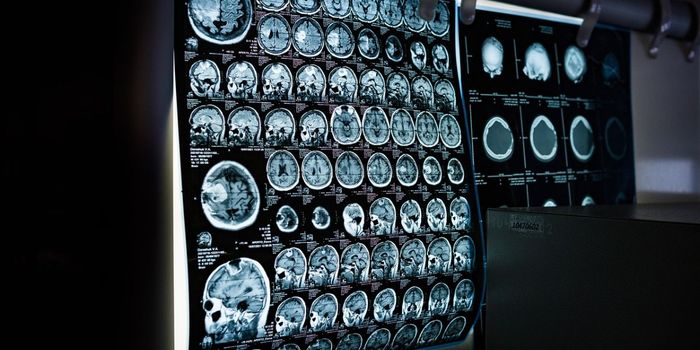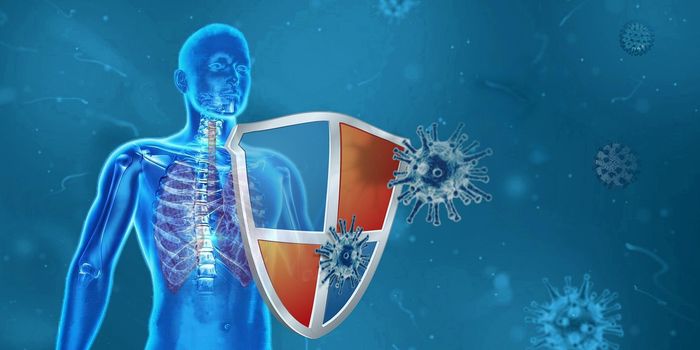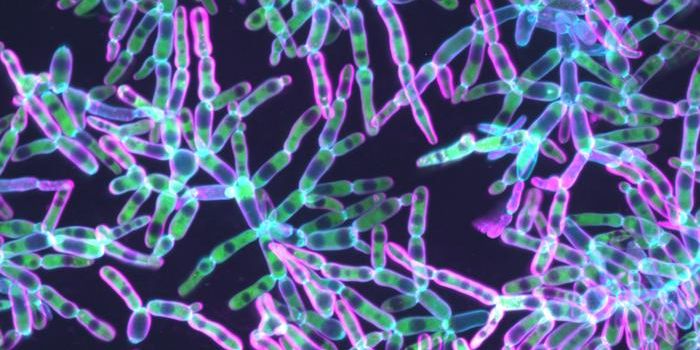What's So Super About Superfoods?
Nutrition is important, and eating a healthy diet is the best way to manage weight, stay fit and reduce the risk of some diseases. Food is what sustains us, but is there really such a thing as a “superfood?” It’s a buzzword in health and nutrition circles, but what does it really mean?
Do kale leaves come with little capes and a big “K” on the front? Is there a comic book that chronicles the adventures of a gang of teenage mutant ninja broccoli stalks? If you draw a mask and pointy ears on an egg, is it then BatEgg? Is that why Batman’s sidekick is named Robin? Did he come from a super blue egg?
Of course not. Saying something is a superfood is more of a marketing term than a scientific term. At least according to Dr. Nina Shapiro who wrote a book called “Hype: A Doctor’s Guide to Medical Myths, Exaggerated Claims, and Bad Advice.” She calls the term “completely made up” and in an interview with Business Insider Magazine, she said, “The notion of a superfood is that is so good for you, it will prevent cancer and even treat cancer or stave off evil illnesses, but food alone cannot do that. When we talk about superfoods, primarily we think of berries, foods with high antioxidants. And it's really a misnomer. There is no such thing. There are foods that are good for you and foods that are not so good for you, but the idea of a superfood treating or preventing an illness is false.”
Dr. Shapiro points out that there has always been marketing around the idea of healthy food. In the 1970s, pasta that was made with unbleached flour and had vitamins added was touted as the superfood of its time. Later on, it was frozen yogurt and bran muffins. Even though these items had just as much sugar, calories, and fat as ice cream and cake, people were buying them in droves because ad executives knew how to market them as health food. Granola was popular for years before people realized that some of it was deep-fried during preparation.
Nutrition expert Penny Kris-Etherton, Ph.D., RD, volunteers with the American Heart Association. She talked about the superfood trend saying, “Eating ‘superfoods’ won’t hurt you. Most are very healthy. As a registered dietician, I’d like to see people eat more of the super foods like whole grains, legumes, nuts and seeds, fish, fatty fish and all fruits and veggies. A lot of people have unrealistic expectations about these foods, thinking they’ll be protected from chronic diseases and health problems. They may eat one or two of these nutrient-dense foods on top of a poor diet.”
While food and beverages like berries and green tea are considered “nutrient dense” and have antioxidants, the way they are processed and prepared matters. Green tea from China is usually pure green tea leaves and no added sugar, but in the US, green tea “beverages” are often made with large amounts of sugar. Berries that are nutritious, but baked in a pie with a scoop of ice cream on top, aren’t really that super. Check out the video included for more information on superfoods and what the term really means.









